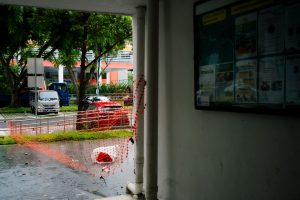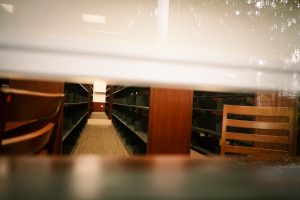Top image: Michele Pek / RICE File Photo
This morning, as the GE2025 results sink in, I’m wondering two things: (1) How good does an opposition candidate need to be to get elected? (2) How bad does a People’s Action Party (PAP) candidate need to be to get voted out of office?
It seems that the answer to both of these questions is: More than you think.
ADVERTISEMENT
Despite the “noticeable step-up in calibre” of opposition candidates, the ruling PAP took 65.57 percent of the overall vote share, up from its GE2020 showing of 61.24 percent. PAP won 87 out of 97 seats, while the Workers’ Party (WP) won the rest.
It was a result that was pretty comparable to that of GE2020, where WP also won 10 seats. Still, some losses hit hard: Opposition stalwart Dr Chee Soon Juan narrowly lost Sembawang-West SMC to a PAP backbencher, Dr Paul Tambyah lost more ground in his rematch against PAP’s Liang Eng Hwa, the embattled Ng Chee Meng was voted in over a promising WP newcomer, and WP didn’t win any new SMCs or GRCs despite a star-studded line-up of candidates.
Before Singapore headed to the polls, veteran political commentator Cherian George had written of the two contrasting pictures of Singapore that have emerged among voters:
“The first is a Singapore that coddles the privileged few, including its unaccountable ruling elites, while requiring ordinary people to grin and bear the vicissitudes of life.
The other is Singapore, the safe haven in an unforgiving and unpredictable world, a refuge for even the humblest Singaporean to be thankful for.”

As Singaporeans voted overwhelmingly for the status quo—even in WP wards—perhaps it was the second picture that resonated with them.
But even before all the rallies, theatrics, drama, slogans, and external anxieties, had Singaporeans already made up their minds on who to vote for?
Safe Choices
PM Lawrence Wong got his “strong mandate” after all. For many, it’s a result that inspires relief. For others, it’s heartbreaking, especially after the hope and momentum that seemed to build during the campaign period.
Maybe it feels more disheartening because so many opposition candidates this year like WP’s Harpreet Singh, Michael Thng, and Eileen Chong, and Progress Singapore Party’s Stephanie Tan were incredibly grounded and articulate; genuinely of an impressive calibre.
ADVERTISEMENT
This was the first general election since Singapore returned to full-scale physical rallies. A decade has passed since crowds last swarmed stadiums, and for a generation of younger voters—Gen Zs now voting for the first or second time—it was their first real taste of the energy and theatre of the campaign trail.
On the ground and online, there was a sense of political maturity emerging. People were comparing manifestos, calling for accountability, and tracking Parliamentary activity. And yet, when it came to the ballot box, most voters chose familiarity. Stability. Continuity.
Maybe it comes down to this: Singaporeans are more willing to put up with the devil they know than take a leap of faith on the one they don’t—especially when it comes to governance.
Beyond Fingerpointing
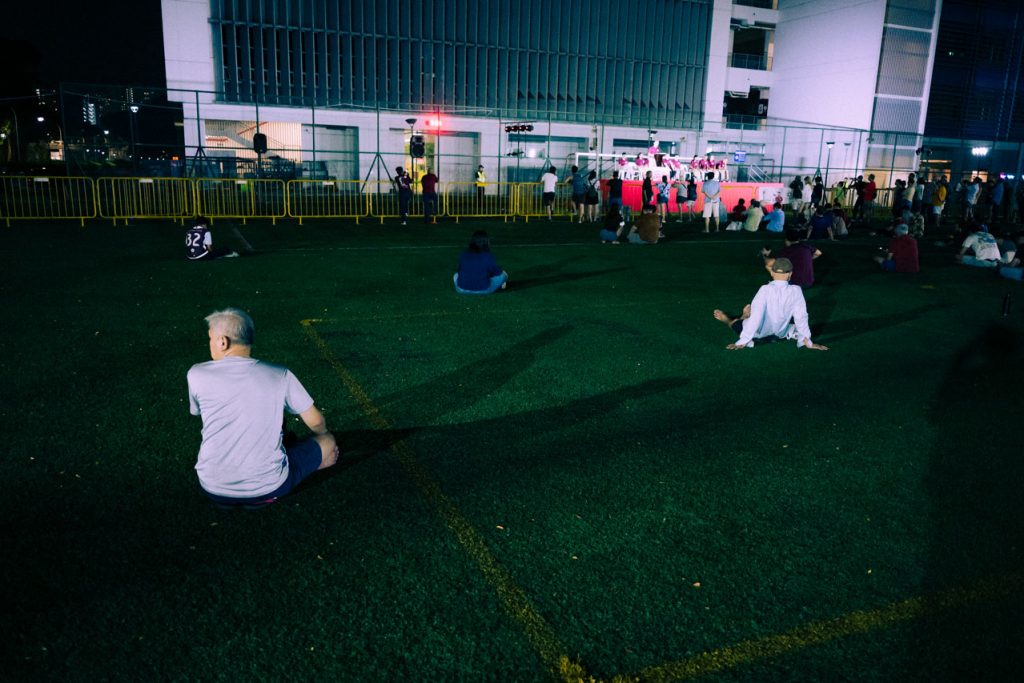
I’ll be the first to admit that it’s tempting to start pointing fingers when your countrymen don’t vote along your personal preferences. It’s easier to label the other side ignorant, apathetic, and unpatriotic than to sit with this uncomfortable truth: We all love Singapore. We just have different ideas on how it should be run.
If anything, voters in this election have shown incredible discernment. The results suggest Singaporeans won’t vote the opposition for opposition’s sake. In Tampines GRC, where four parties contested, voters were decisive. The National Solidarity Party and People’s Power Party garnered a meagre 0.61 percent of the vote (yes, combined). The bulk of votes ended up split between PAP and WP. Even in a crowded playing field, voters knew who was a credible opposition and who wasn’t.

Meanwhile, independent candidate Jeremy Tan made history by securing 36.16 percent of the vote in Mountbatten SMC, the highest vote share an independent candidate has seen in 53 years. This is pretty much proof that voters are indeed keenly paying attention to the policies and credentials of alternative parties and candidates, rather than making snap judgments based off the logos on the ballot papers.
Still, the bar for opposition candidates remains sky-high. When you stack a seasoned, respected figure like Dr Paul Tambyah against a steady but less visible PAP incumbent like Liang Eng Hwa—and the latter still wins with a widened margin—it’s hard not to ask: What more do opposition candidates need to prove? Was Dr Chee Soon Juan’s 33 years of political activism not enough for voters? What about Harpreet Singh’s flawless resume? Or Michael Thng’s Harvard smarts?
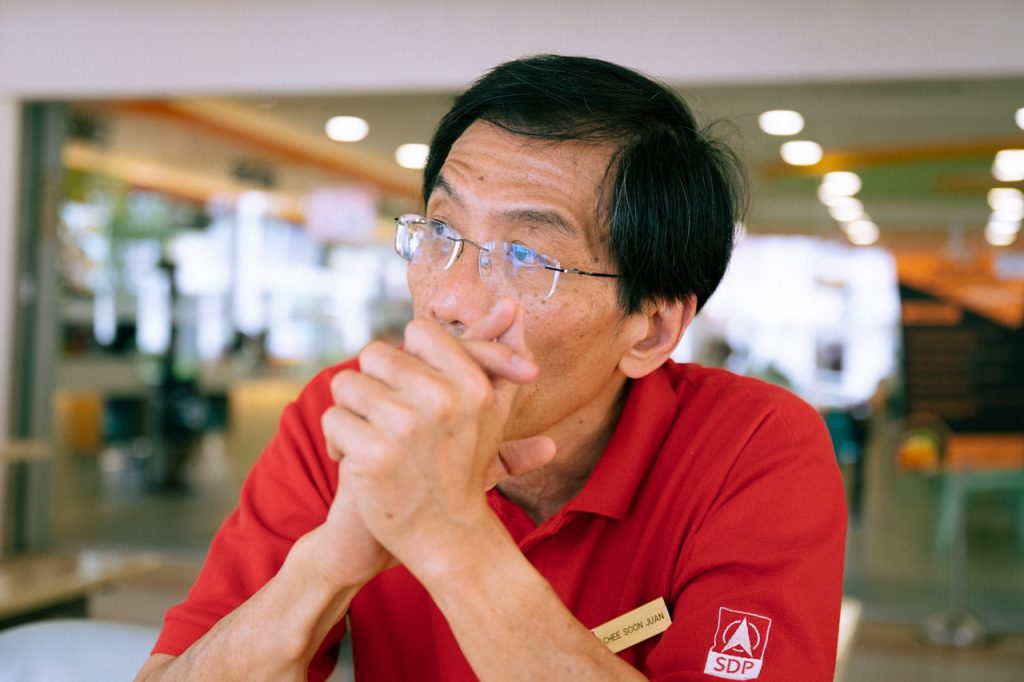
Conversely, how unpopular does a PAP candidate have to be before voters consider change? Case in point: Ng Chee Meng’s return to Parliament despite his role in the NTUC-Allianz saga, and viral allegations of his power-tripping behaviour.
What Exactly Is ‘Change’?
This election, many opposition parties campaigned on the promise of ‘change’. But in a world beset by trade wars and inflation, ‘change’ might sound a bit too lofty.
Maybe that’s why voters chose the safe harbour in the end—the message of wanting a balanced political system and alternative perspectives did not resonate as much when there are more immediate on-the-ground things to fix.
The irony is that even opposition wins this year were largely about continuity: WP retained its 10 seats, a majority held by incumbents. No new ground was gained.

And yet, to pin the results entirely on voter conservatism is to miss the bigger picture. Elections aren’t won in nine days. The issues that shape our votes—housing, wages, cost of living, fairness—don’t disappear between rallies.
That’s why RICE started After The Vote in the first place: to highlight the long-term, lived realities of different communities in Singapore. To go beyond who Singaporeans are voting for, and to get into the nitty gritty of why, and what specific changes they want to see.
We’ve heard from caregivers, ex-offenders, hawkers, and more. And we’ll continue to amplify these voices even after GE2025 is done and dusted.
The real work of building a more inclusive, representative politics starts now. GE2030 might feel far away, but political trust and credibility are cultivated in the years between elections, not just during them.
The next frontier for Singapore’s political maturity may not be about electing more opposition MPs, but about understanding what it takes to build a viable, electable alternative government.
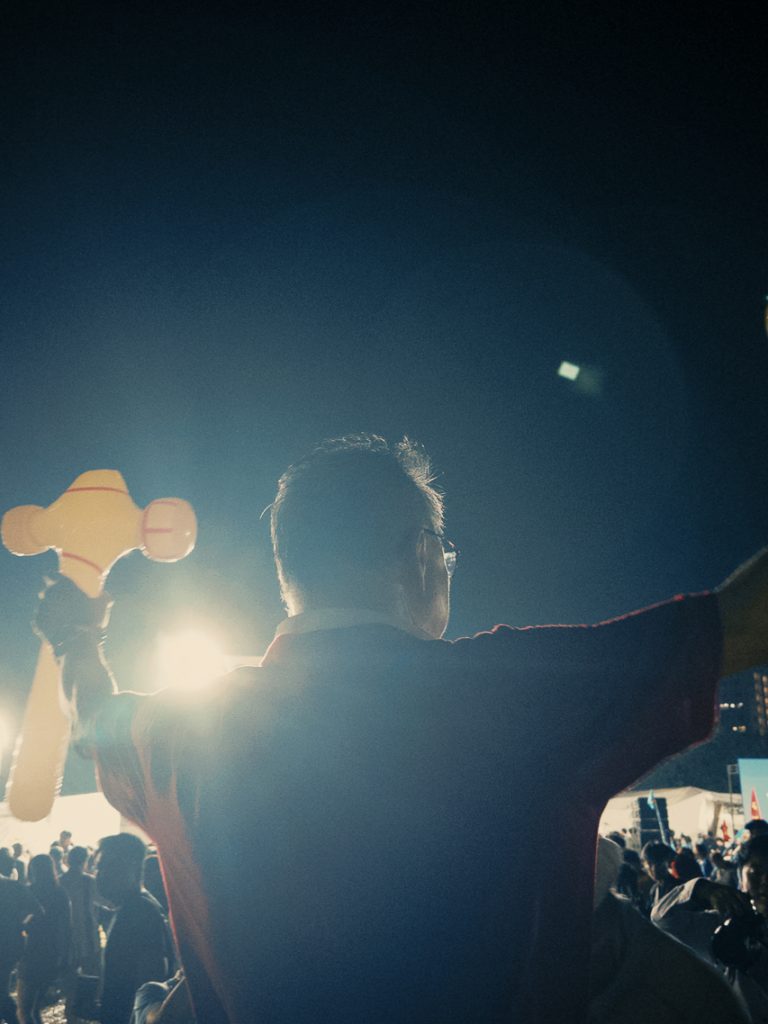
After all, the next couple of elections will be pivotal as we see some big unknowns play out. For one, we’re going to see a more complete transition of power from the PAP old guards like Senior Minister Lee Hsien Loong and Minister K Shanmugam to the 4G team. Will they continue to influence party operations behind the scenes, or will they make way for newer members who will need to be tested on their own merit?
For another, we’ll also have to wait and see if PM Lawrence Wong’s promise of a more open and transparent government holds true. We’re already seeing him do things a little differently from his predecessors by uploading his own sit-down YouTube videos and making the rounds on podcasts like The Daily Ketchup and Yah Lah But. But will he be able to keep this up?

And on the opposition side of things, this election was a wake-up call of sorts. The signal that voters want quality over quantity (and can’t be bothered with ‘mosquito parties’) has never been clearer.
It’s also looking like it’s no longer enough for opposition parties to position themselves as “voices in parliament.” That narrative—the safe, non-threatening stance of “we’re not here to form the government”—may have comforted some voters, but perhaps it also backfired. If opposition parties don’t show a pathway to leadership, how can they expect voters to believe in them?
Until opposition parties can convince Singaporeans they are collectively ready to lead—not just speak up—we may keep choosing the stability we know, rather than the possibility we hope for.
And maybe that’s not a failure of the electorate, but a challenge to the opposition: Don’t just give us better candidates. Show us the better future you’re asking us to vote for.




